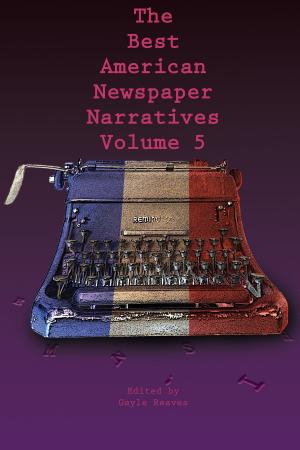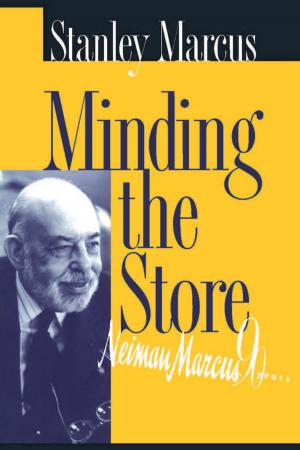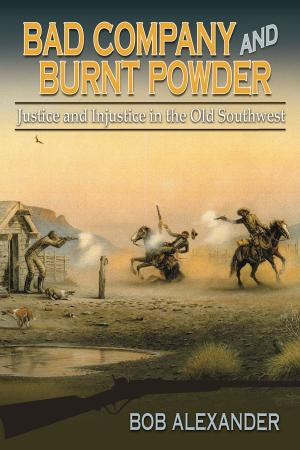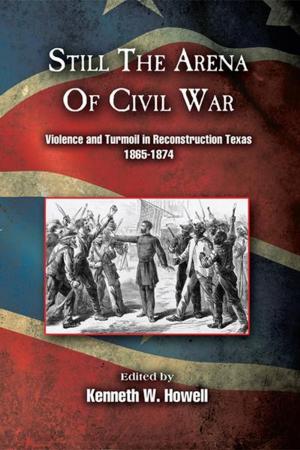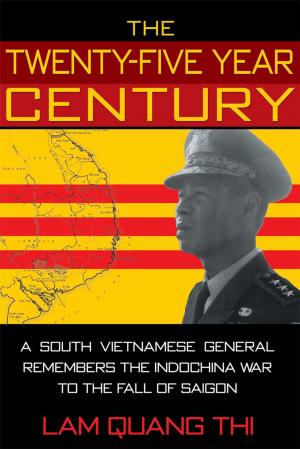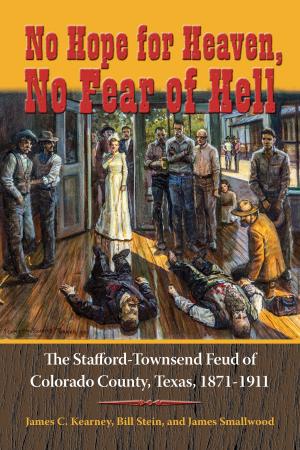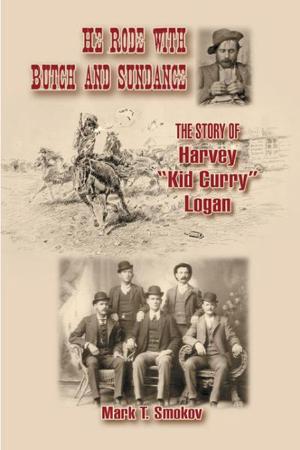On the Jury Trial
Principles and Practices for Effective Advocacy
Nonfiction, Reference & Language, Law, Jury, Trial Practice| Author: | Thomas M. Melsheimer, Craig Smith | ISBN: | 9781574417098 |
| Publisher: | University of North Texas Press | Publication: | October 15, 2017 |
| Imprint: | Language: | English |
| Author: | Thomas M. Melsheimer, Craig Smith |
| ISBN: | 9781574417098 |
| Publisher: | University of North Texas Press |
| Publication: | October 15, 2017 |
| Imprint: | |
| Language: | English |
Two outstanding Texas trial lawyers—one of whom is now an equally respected district judge—have written On the Jury Trial, a “must have” reference for any trial lawyer aspiring to excellence or seeking to maintain it. Thomas M. Melsheimer and Judge Craig Smith have crafted a narrative-driven advice guide for trial lawyers to hone their craft. Chapter topics include voir dire, opening statement, preparing witnesses, cross examination, using exhibits, closing argument, jury research, and more, with excellent examples and “do’s and don’ts” provided throughout. Think of this book as the senior law partner’s memo to associates on how to really try a case. Looking for fly-on-the-wall insight into world-class trial preparation and strategy? Here it is. A behind-the-scenes tour of the inner workings of the judicial process? This book has you covered. Its combination of advice, illustration, and commentary is every bit as valuable as it is unique. Every litigator should have this book on the shelf, no matter the state in which they practice. The jury trial is a critical component of our democratic society, and its use in civil cases is unique to the United States. It is truly an example of our participatory democracy in action, and yet the jury trial is under attack from all sides, most notably from special interest groups who seek to have more cases decided by individual judges or by arbitration. These efforts have resulted in a decline of civil jury trials all over the country. A decline in the jury trial is a decline in justice. To preserve the jury trial, we must preserve the skills of trying a case effectively and efficiently. On the Jury Trial, in no small way, will add significantly to that effort.
Two outstanding Texas trial lawyers—one of whom is now an equally respected district judge—have written On the Jury Trial, a “must have” reference for any trial lawyer aspiring to excellence or seeking to maintain it. Thomas M. Melsheimer and Judge Craig Smith have crafted a narrative-driven advice guide for trial lawyers to hone their craft. Chapter topics include voir dire, opening statement, preparing witnesses, cross examination, using exhibits, closing argument, jury research, and more, with excellent examples and “do’s and don’ts” provided throughout. Think of this book as the senior law partner’s memo to associates on how to really try a case. Looking for fly-on-the-wall insight into world-class trial preparation and strategy? Here it is. A behind-the-scenes tour of the inner workings of the judicial process? This book has you covered. Its combination of advice, illustration, and commentary is every bit as valuable as it is unique. Every litigator should have this book on the shelf, no matter the state in which they practice. The jury trial is a critical component of our democratic society, and its use in civil cases is unique to the United States. It is truly an example of our participatory democracy in action, and yet the jury trial is under attack from all sides, most notably from special interest groups who seek to have more cases decided by individual judges or by arbitration. These efforts have resulted in a decline of civil jury trials all over the country. A decline in the jury trial is a decline in justice. To preserve the jury trial, we must preserve the skills of trying a case effectively and efficiently. On the Jury Trial, in no small way, will add significantly to that effort.

